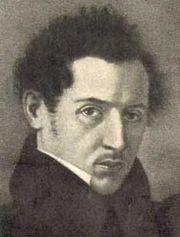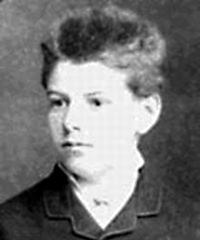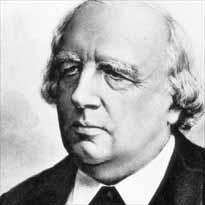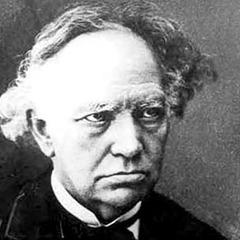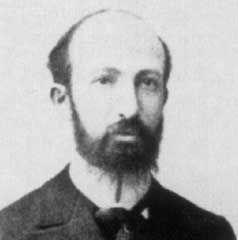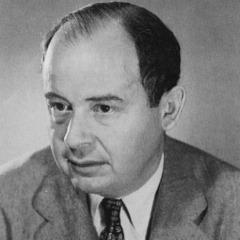Richard Hamming Quotes
The most dangerous thought you can have as a creative person is to think you know what you’re doing.
"Structured BASIC programming". Book by John G. Kemeny, p. 118, 1987.
"Turing Award lecture". Journal of the ACM 16 (1), p. 7, January, 1969.


